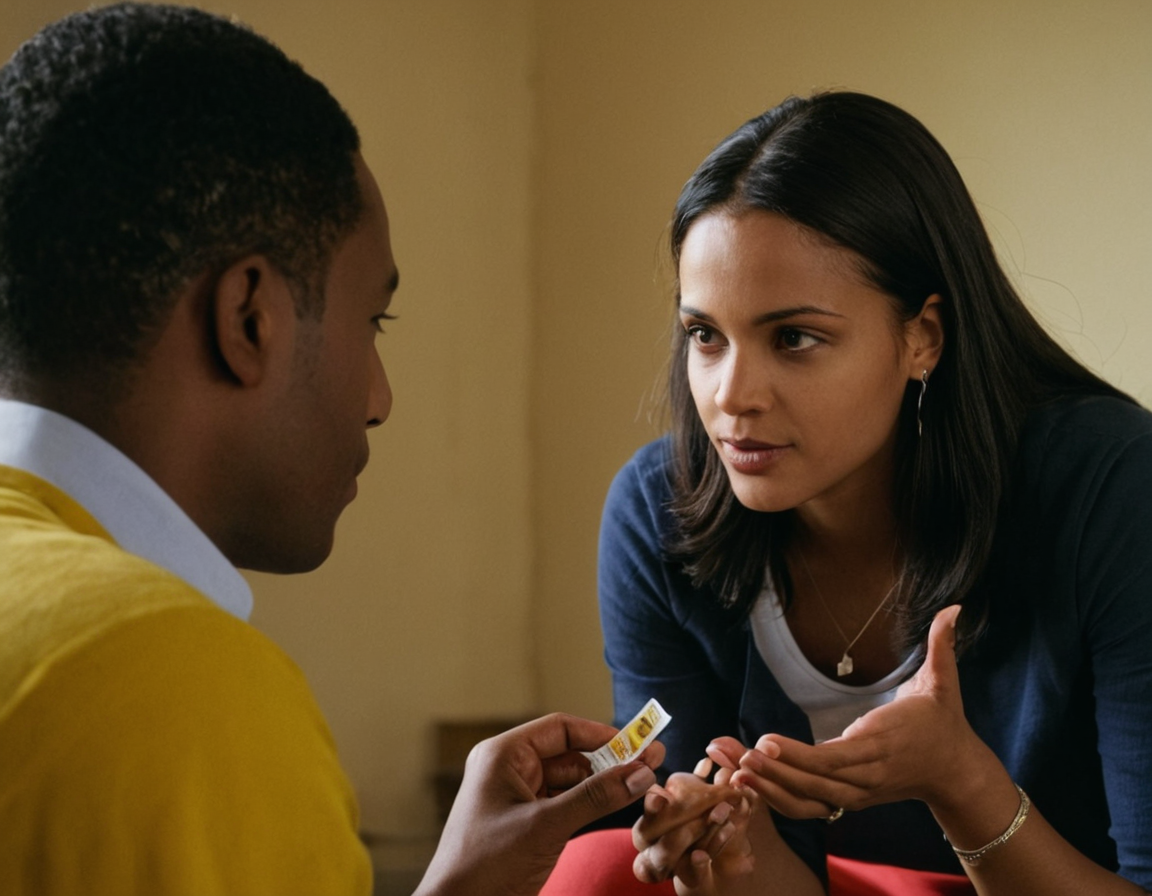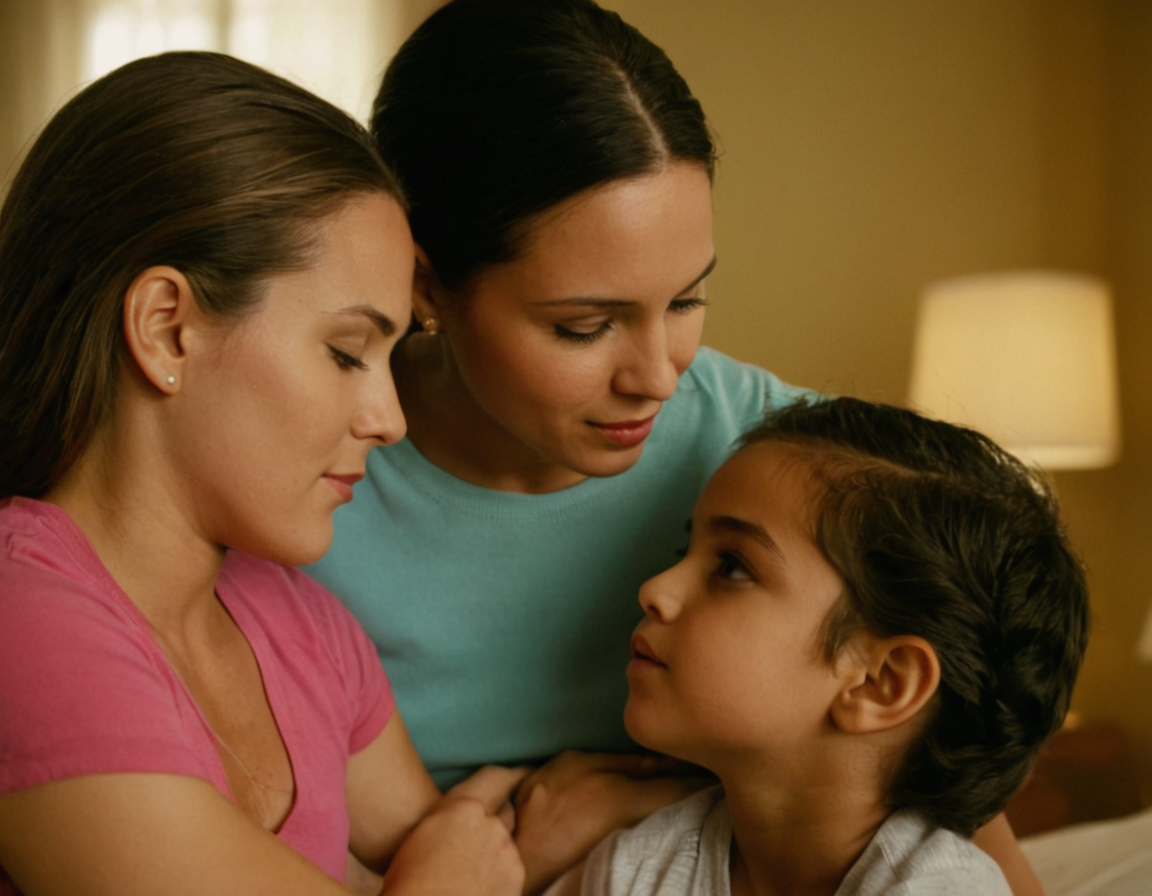Sex education is an essential aspect of life that empowers individuals to make informed decisions concerning their sexual health. However, promoting safe sex and responsible choices goes beyond merely providing information about the biological aspects of sex; it involves creating awareness on various issues such as contraception methods, HIV/AIDS prevention, consent, gender equality, among others.

In recent years, there has been a significant push towards integrating sexual health education into curriculums worldwide to ensure young people have access to factual information regarding their bodies and relationships. This move is crucial since teenagers are becoming sexually active at younger ages, making them vulnerable to unwanted pregnancies and sexually transmitted infections (STIs).

To effectively promote safe sex and responsible choices through education and awareness, schools should implement comprehensive sexuality education programs that cater specifically to the needs of their students. These programs should prioritize open dialogue between educators and learners, encouraging questions and clarifications on any topic related to sex or relationships without fear of judgment or shame.

In addition, incorporating interactive multimedia tools such as videos, animations, and games can significantly enhance the learning experience by simplifying complex concepts while maintaining engagement levels. These resources could be used to explain how different contraceptives work, demonstrate correct condom usage, illustrate scenarios where consent plays a crucial role, or highlight real-life stories of individuals living with HIV/AIDS.

Moreover, educators should emphasize the importance of open communication between partners about their desires, boundaries, and expectations regarding sexual activities. This approach encourages mutual respect and understanding while promoting safer sex practices, reducing potential harm caused by miscommunication or coercion.

Lastly, parents have a critical role in shaping their children’s attitudes towards sexuality from an early age. By fostering open communication channels about relationships and bodies, they create an environment where questions are welcomed and myth-busting conversations can take place. Parents should also model responsible behavior by treating partners with respect, practicing safe sex, and openly discussing their own experiences.

In conclusion, promoting safe sex and responsible choices through education and awareness requires a multi-faceted approach involving schools, educators, parents, community leaders, and health care providers working together towards one common goal: empowering young people to make informed decisions about their sexual health while ensuring they live responsibly. By addressing the taboo nature of this subject matter, we can create lasting change that benefits not only individuals but also entire communities in terms of improved overall health and well-being.


